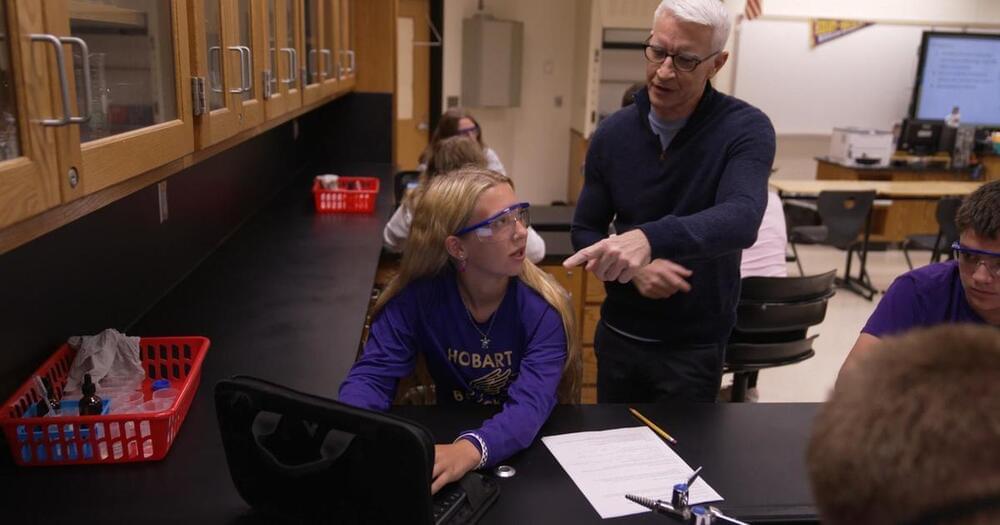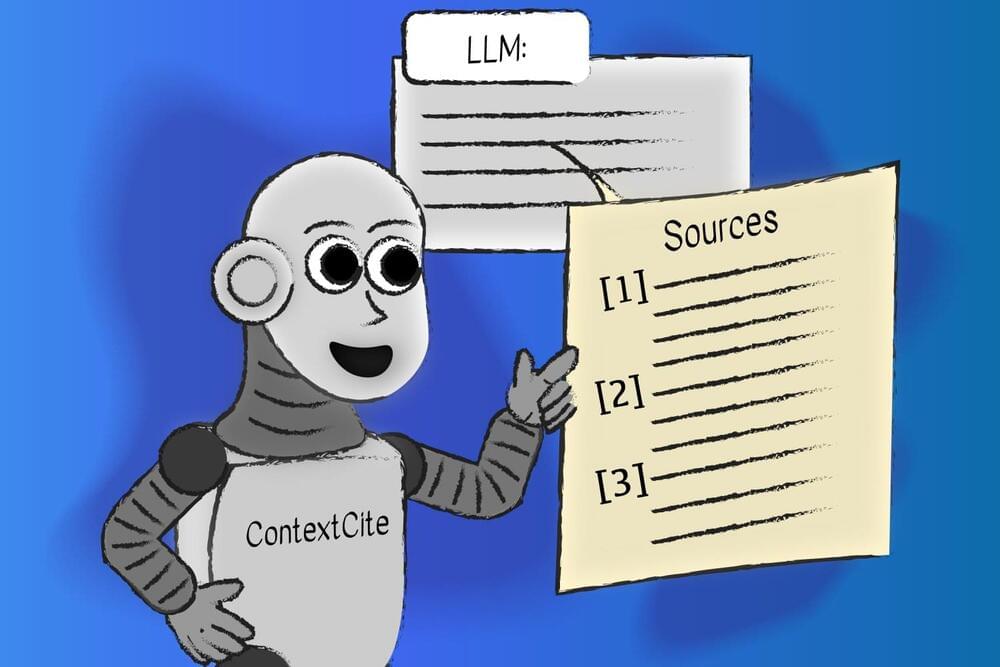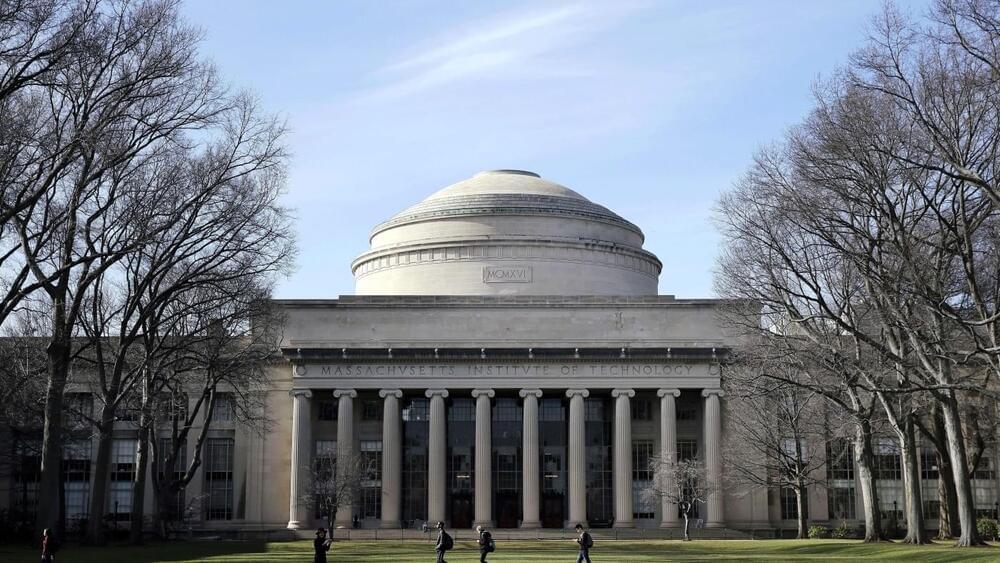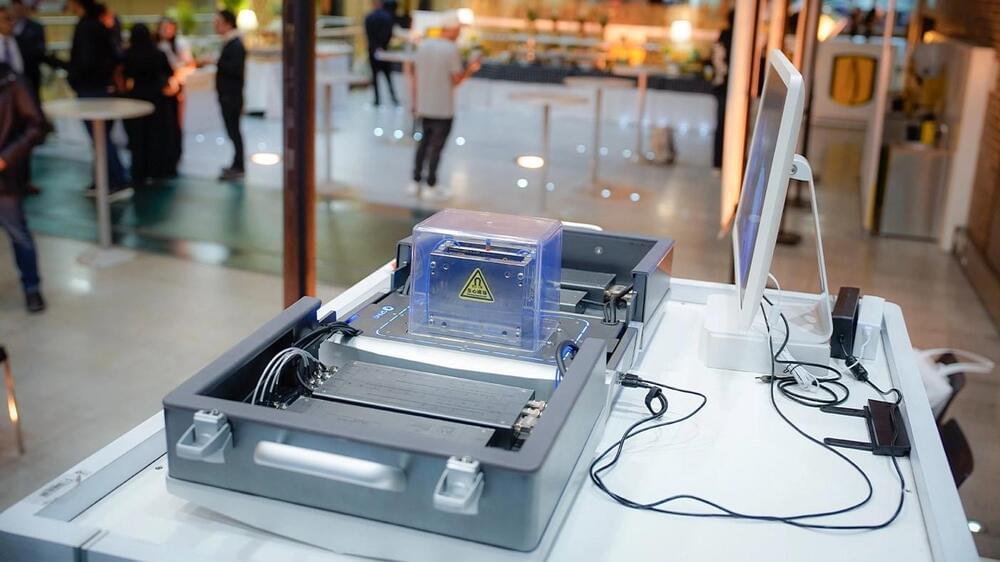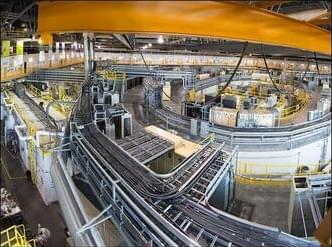We are about to show you a technological innovation that could, one day, change the way every child in every school in America is taught. It’s an online tutor powered by artificial intelligence designed to help teachers be more efficient… and students learn more effectively. It’s called Khanmigo–conmigo means “with me,” in Spanish. And Khan…is its creator…Sal Khan, the well-known founder of Khan Academy — whose lectures and educational software have been used for years by tens of millions of students and teachers in the U.S. and around the world. Khanmigo was built with the help of OpenAI, the creator of ChatGPT. Its potential is staggering, but it’s still very much a work in progress. It’s being piloted in 266 school districts in the U.S. in grades three-12. We went to Hobart High School in Indiana to see how it works.
Melissa Higgason: Good morning, just a normal day in chem, right?
At eight in the morning Melissa Higgason knows it’s not always easy to get 30 high schoolers excited about chemistry.
